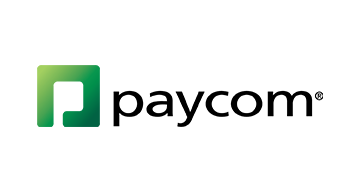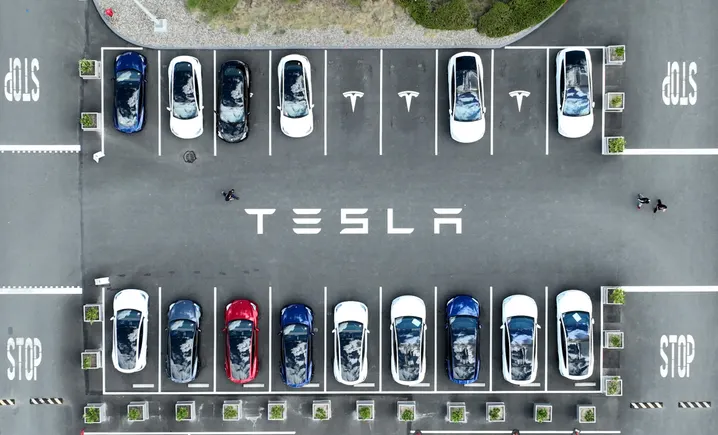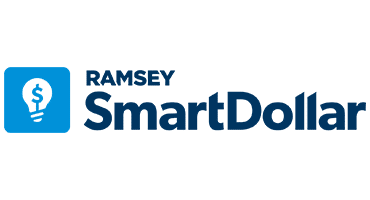Employer-sponsored disability insurance is a relatively common benefits offering: The Bureau of Labor Statistics estimates that nearly half of private employers provide their workforce access to short-term disability coverage and about 40% offer long-term coverage. Adults aren’t the only individuals to be at risk—but child disability insurance has been nearly unheard of.
That’s a gap that Juno is seeking to fill. Juno is a first-of-its-kind benefit offering that allows employers to provide disability insurance to the children of their working parents. Juno pays up to $1 million a family—$500,000 per eligible child—in cash assistance, paid out over 10 years. Families can use the money however they need: to pay medical bills, cover lost wages or pay for caregiving.
Coverage extends to dependents up to age 26 who suffer a severe illness, injury or disability—ranging from cancer and rare diseases to birth injuries. Apart from the cash assistance, Juno provides access to a navigator who works with families on their personalized needs: from finding caregiving to navigating special education options.
Juno’s launch comes as more organizations recognize the impact of voluntary benefits on recruiting and retention—especially in a time of rising healthcare costs and economic pressures. Recent Mercer research, for instance, predicts healthcare benefits costs will jump by up to 7% next year, with researchers citing that voluntary benefits are an “intentional strategy” that embed flexibility in employee offerings, “without busting the benefits budget.”
The company is seeing rapid uptake in employer interest, says Jordan Epstein, co-founder and CEO of Juno. The child disability insurance provider launched in 2024 with one client; today, it has about 80, including three Fortune 500s, in total covering more than 50,000 employees.
Without access to such a benefit, he says, employees with kids face real risk—highlighting a significant opportunity for employers.
“If you’re the unlucky one,” he says, “it’s going to be life-changing.”
A few years ago, Epstein and his wife were living “a parent’s worst nightmare,” he says, when his then-6-month-old faced severe medical challenges. They were visiting doctors three times a week, taking off from work and facing mounting bills.

“We said, ‘If this gets any worse, what are we going to do? How can we possibly continue to work and go through this?’ ” he recalls.
Around the same time, he had a conversation with a founder friend, a professor of economics, who was exploring how to bring a popular European benefit—child disability insurance—to the U.S. In Sweden, for instance, Epstein says, about 90% of parents have such insurance.
“It’s considered irresponsible not to have this. It’s one of the first products you get when you become a new parent,” he says.
While the benefit is available abroad, in some countries, Epstein notes, employees also can lean on strong government infrastructures when kids get sick. For instance, Denmark will pay up to two years’ salary for parents of children with cancer.
“But this is the American government; they’re not going to do that, so I’m in,” he says, describing his decision to pioneer the country’s first child disability insurance company.
The need was clear: The U.S. Census Bureau estimates that more than 3 million American kids have a disability.
“The risk is profound,” Epstein says. Particularly with medical advances, children with disabilities are living longer, fruitful lives. But their care can be exorbitant—and disruptive to a parent’s career.
“That’s ludicrous,” he says. “In this country, you can buy insurance for alien abductions, but you can’t insure your kids from the human things that everyone is aware of and sees?”
The time is right for child disability insurance
Juno has already paid out six figures to families affected by childhood disability, Epstein says.
Though the benefit can hold significant value for those who need it, it doesn’t come with a high price tag for employers. Coverage typically amounts to about $16 per month, per employee, for $250,000 in coverage for one child (or $500,000 for a family). Higher coverage rates amount to about $24 a month.
Epstein says Juno’s models were intentionally structured to give employers flexibility: Some opt to cover the entire cost for all employees, while others pay for one level of coverage and employees can buy up.
The ability for employers to offer child disability insurance as a voluntary benefit, Epstein adds, is accelerating the company’s growth, given today’s landscape. The rising costs of healthcare, coupled with economic uncertainty and pressure to cut and shift costs, have many organizations considering the addition of low-impact voluntary benefits. Juno, he notes, typically accounts for just 0.1% of what an organization would spend on benefits.
That investment, compared with the strategic payoff for recruiting and retention, Epstein says, highlights the potential of high-value benefits.
“If you’re a parent and you have two job offers, and one has Juno and one doesn’t, you may think twice about joining or staying—and that’s all for a benefits cost to the employer of maybe just $5 or $10 a month for that person,” he says. “And it shows the kind of employer you are—that you care about your employees and their families.”




















